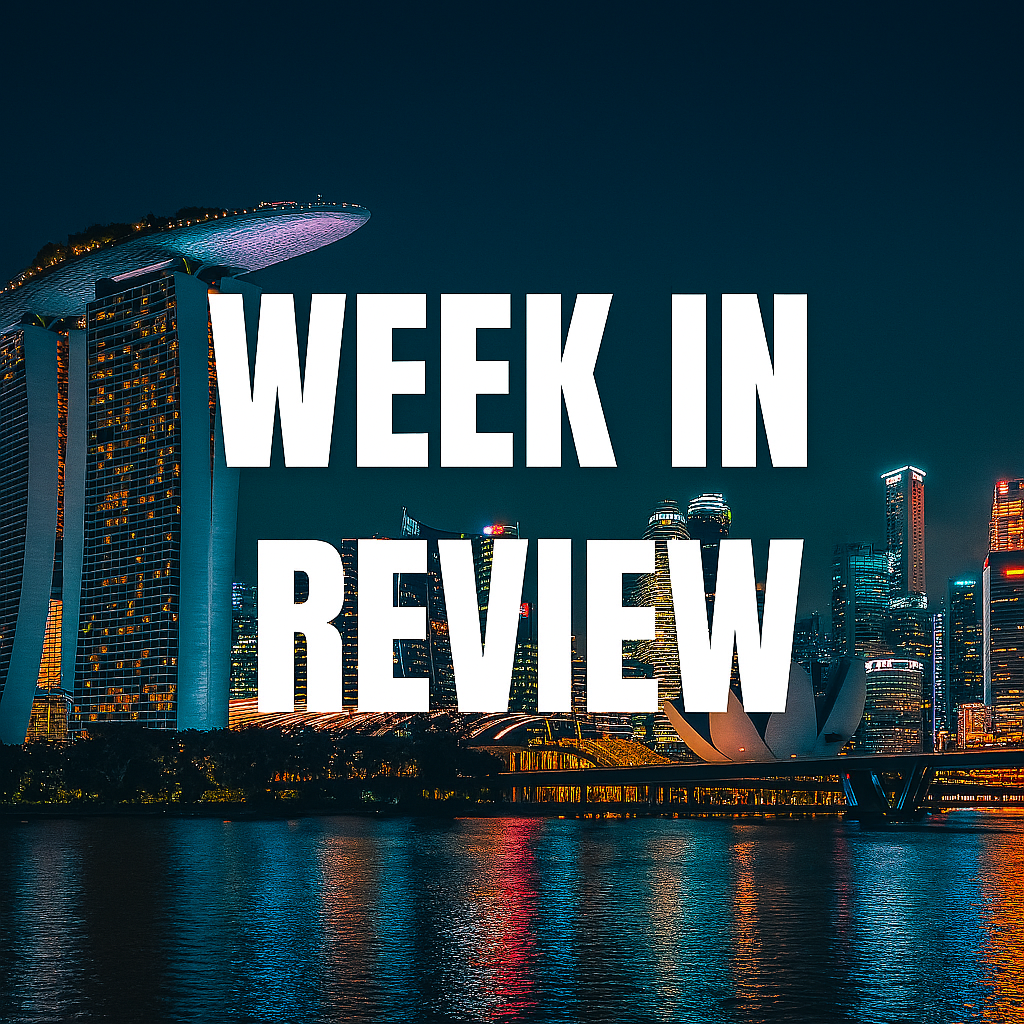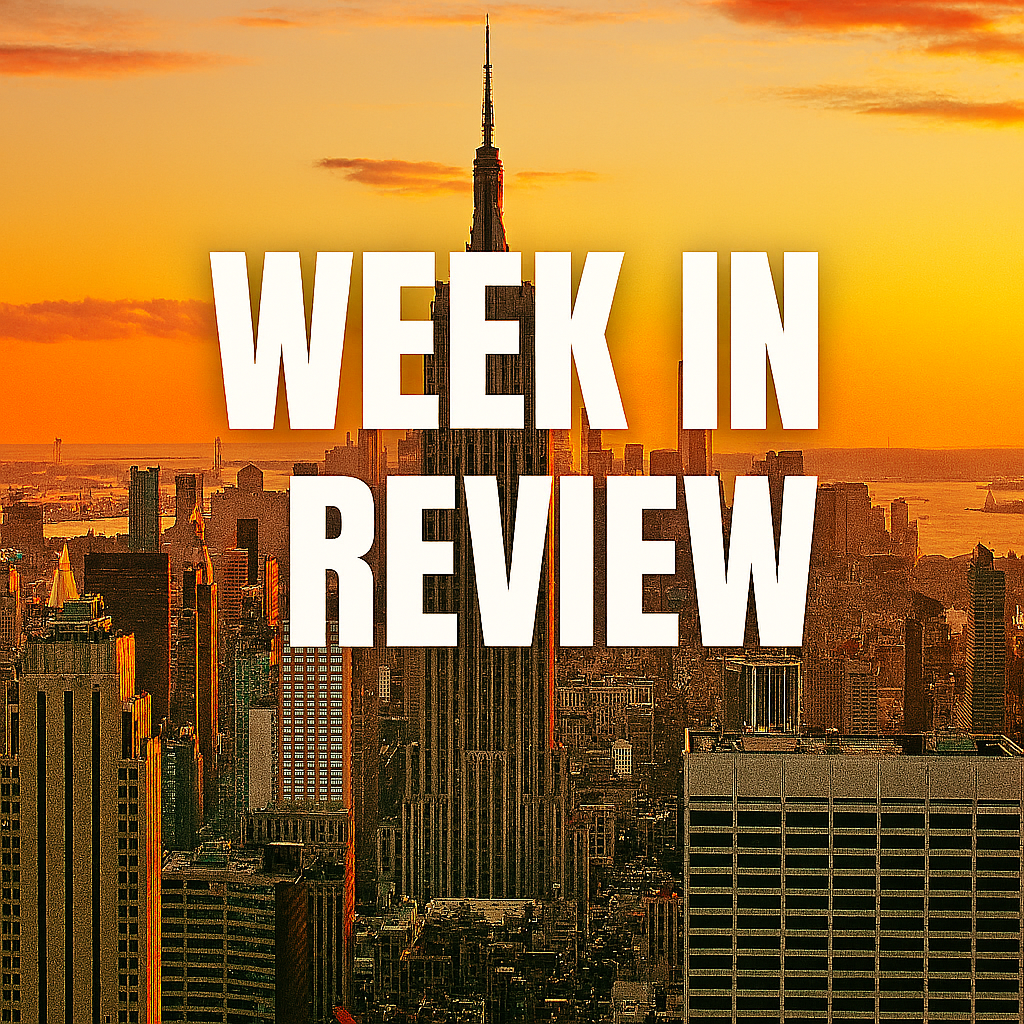
In the ongoing debate over voter ID laws, in the United States, is one of the most troubling arguments from the Left is the implication that certain groups, particularly minorities, are somehow less capable of obtaining identification than others. Whether intentional or not, this notion perpetuates a deeply patronizing and, frankly, offensive stereotype.
Voter ID laws are often framed as suppression tools, but this argument ignores a fundamental truth: identification is a cornerstone of modern life. From boarding a plane to opening a bank account, IDs are required for countless everyday activities. Suggesting that minorities are disproportionately unable to meet this standard is not only inaccurate but also diminishes the agency and capability of these communities.
Critics argue that voter ID laws disproportionately affect marginalized groups, but the data tells a different story. Studies have shown that voter turnout remains consistent in states with voter ID requirements, debunking the myth that these laws suppress participation. Moreover, many states offer free or low-cost IDs to ensure accessibility for all citizens.
The real issue lies in the underlying assumption that minorities need special exemptions or accommodations to participate in civic life. While perhaps well-meaning, this perspective is rooted in a condescending view of these communities. It suggests that they are less resourceful, less informed, or less capable than their peers—a stereotype that has no place in modern discourse.
Instead of opposing voter ID laws, we should focus on empowering all citizens to meet these requirements. This means investing in outreach programs, streamlining the process for obtaining IDs, and ensuring every American has the tools to participate in democracy. By doing so, we uphold the principle of equality and reject the harmful stereotypes that have long plagued this debate.
In the end, voter ID laws are not about exclusion—they are about ensuring the integrity of our elections. Let’s move past the divisive rhetoric and work together to build a system that is fair, accessible, and respectful of all Americans.




